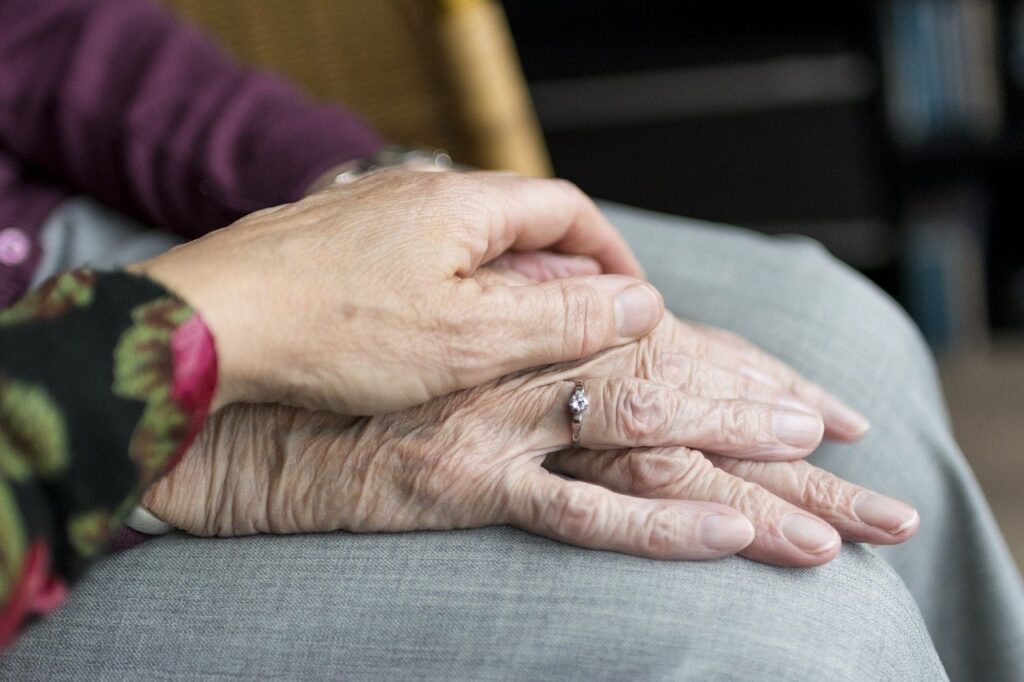National Gratitude Month is November. What is gratitude? It is being thankful for something, showing appreciation and returning kindness. The Latin word “gratus” which means thankful, pleasing (vocabulary.com)

There are three parts to gratitude.
1) Recognition: When we show that we are appreciative of the work someone does for us. Simply telling them thanks for being here. Whether they are selling, making, doing a chore, or listening to you.
2) Acknowledgement: When you talk to others just make sure to say thank you. Acknowledge something they did and point it out to others when you get a chance. Acknowledge is simply that they know, you know they are important and they have helped you. Even by smiling at you they brighten your day.
3) Appreciation: you can do as above with telling them, or maybe give them something. It does not have to cost anything. Write a note and hand to them. Smile and be kind.
What the bible says about being grateful “Rejoice always, pray continually, give thanks in all circumstances, for this is GOD’s will for you in Christ Jesus for you.” 1 Thessalonians 5: 16-18

I would like to take you through whom all you would need to be thankful for that cup of coffee each day.

Do you enjoy coffee? Let’s look at whom all we should appreciate for us to enjoy a simple cup of coffee.

*Person growing the beans
*Those harvesting the beans
*Those packaging the beans
*Those delivering the beans
*Those unpacking the beans
*Those roasting the beans
*Those picking out bad beans
*Those grinding beans
*Those packing the grounds
*Those delivering grounds to store to sell.
*Those stocking the shelves with coffee grounds.
*Cashier whom we pay for the grounds.
This is just for the coffee grounds. You can think through whom you are grateful for those who make our coffee pots, coffee cups etc. Then look at those working at our local coffee shops when we chose to go and buy a cup of coffee.

Look into every thing you do each day and pick out 5 things or more that you are grateful for that day. Tell the folks that you interact with each day that you appreciate them and that they are here to help you. Imagine how much happier our world is when we appreciate each individual and what they have chosen for their career.













